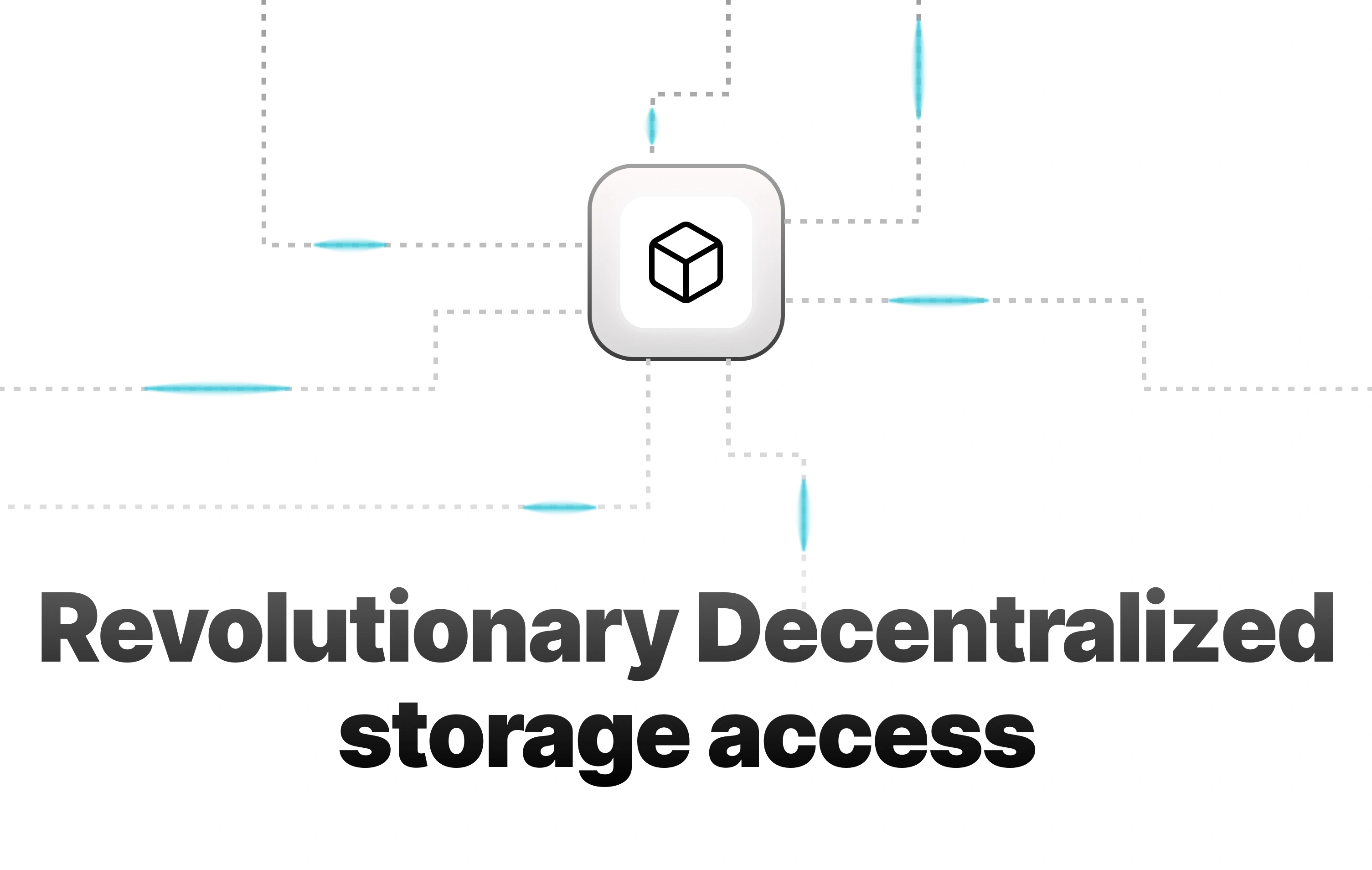The Challenges of Centralized Storage in the Web3 Context
In the Web3 landscape, companies often face dependence on centralized storage solutions like AWS or Google Cloud. While these platforms are reliable, they do not fully embrace the principles of decentralization and censorship resistance that are core to Web3. Decentralized alternatives like Swarm and IPFS, despite their intrinsic advantages, remain complex to manage due to the need to handle nodes and tokens. These technical complexities represent a significant barrier to their widespread adoption.
Companies, focused on developing their core projects, often prefer to avoid managing these technical challenges, leading to an underutilization of the potential of decentralized storage networks. This scenario highlights the need for solutions capable of breaking down technical and complexity barriers.
Etherna and Innovation in Decentralized Access
Etherna positions itself as an innovative solution in the decentralized storage landscape. With a simple API, Etherna offers Web3 companies streamlined access to decentralized storage networks, comparable to the experience offered by AWS. The management of nodes and tokens is entirely handled by Etherna, providing a B2B service billed like any other traditional service.
To demonstrate the practicality and effectiveness of its solution, Etherna has developed a video platform that uses the Etherna gateway. Videos, being data-intensive content, serve as an excellent benchmark to showcase the upload and download speed of data. The video dApp is already online and available at etherna.io.
Advantages of Decentralized Storage for Companies
Adopting decentralized storage offers multiple benefits for companies, including increased resistance to censorship and cyberattacks, as well as more resilient and autonomous data distribution. Additionally, decentralization can lead to cost reductions, avoiding dependency on a few centralized providers and their associated cost structures.
In this context, Etherna acts as a facilitator, making these benefits accessible without companies having to invest significant resources in managing the underlying technical infrastructure.
Etherna’s Role in Enhancing Interoperability
Etherna is aware of the challenges companies face when migrating from centralized to decentralized solutions. For this reason, it is developing a new version of its API compatible with S3, which will allow for a seamless transition from AWS to decentralized storage networks.
This strategic move will significantly reduce the entry barriers for Web3 companies that want to benefit from the promises of decentralization without compromising on ease of use and integration with existing systems.
Future Prospects and Upcoming Developments for Etherna
The future of Etherna looks promising with exciting developments on the horizon. Before the Devcon event, the launch of the new API version with S3 compatibility is expected. Additionally, the roadmap includes decentralizing the gateway to create an automatic CDN, which will also benefit Web2 companies by simplifying their global data needs.
With Etherna, data will be automatically stored close to the locations where it is most needed, eliminating the need for multiple cloud services and a separate CDN. This is a significant step towards a more efficient and distributed data storage ecosystem.
